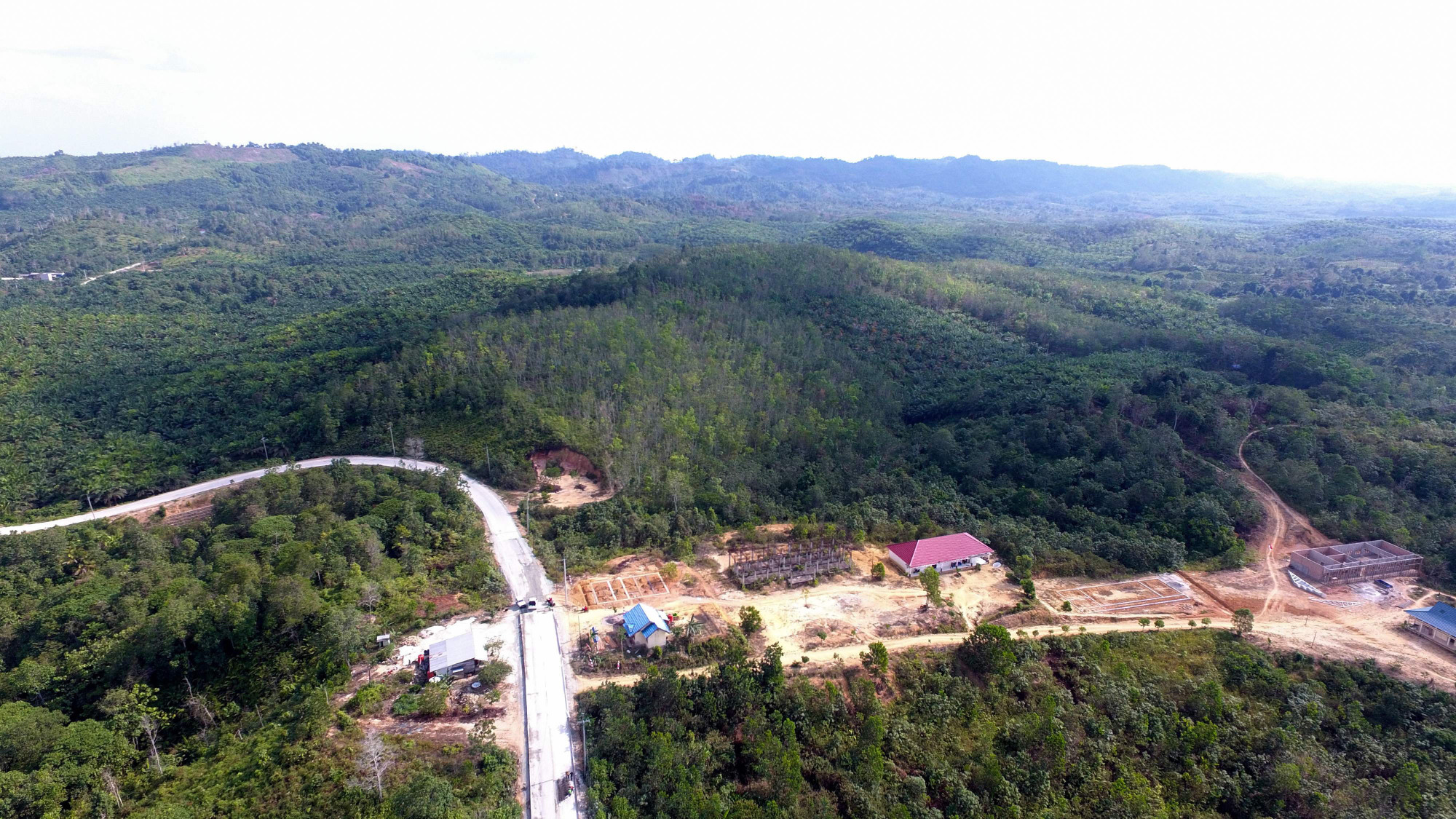Asia's biggest cities, from Shanghai to Dhaka, are struggling to manage the impact of decades of growth. Some are sinking. Most are traffic-choked. And almost all struggle with chronic air pollution. Worst of all, coastal cities face the threat of being inundated by rising seas.
Indonesia's capital Jakarta suffers these urban ills more acutely than most, which is why President Joko Widodo announced a plan last week to shift the government 1,450 km away, to a relatively undeveloped section of Borneo. Indonesia isn't the first Asian country to move its official capital and won't be the last. But evacuating government officials and their families won't solve the problems of Jakarta, Bangkok, Dhaka or any other megacity. Given how many people will continue to live in those urban conurbations, the focus has to remain on fixing what ails them.
The challenges faced by Jakarta and other developing Asian cities were seeded in the 1970s as countries across the region liberalized their economies. In Indonesia, land-use controls were aggressively deregulated in the 1980s while entire sectors of the economy were opened up to direct investment.


















With your current subscription plan you can comment on stories. However, before writing your first comment, please create a display name in the Profile section of your subscriber account page.